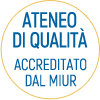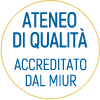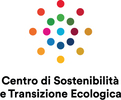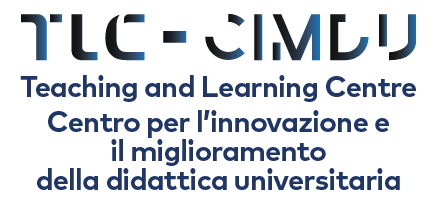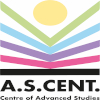Master in Sustainability Management and Governance
The program emphasizes the role of specialized professionals in developing conceptual and simulation System Dynamics models to understand the causal relationships underlying the phenomena they seek to address. Collaborative platforms facilitate the identification and shared use of common resources, such as natural, historical, linguistic, and behavioral assets, vital for pursuing sustainable territorial development.
The program underscores the importance of multi-stakeholder collaboration as a driver for innovative policies supporting holistic sustainability governance. The “quintuple helix” model, involving universities, industry, government, media, civil society, and ecological stakeholders, shapes the foundation of this educational approach. Such integrated perspective acknowledges the complexity of sustainability challenges and the power of collaboration in shaping robust and innovative policies.
The program's mission is to equip graduates not only with discipline-specific competencies through empirical case studies and field projects, but also with skills and aptitudes to enable them to act as change agents capable of leading collaborative and innovative processes for the common good. The curriculum is the result of thorough analysis and consultation with key stakeholders across various sectors, ensuring it meets emerging labor market needs. The subjects taught in the program are meticulously selected to reflect competencies valued in the contemporary professional context, providing students with comprehensive and up-to-date training in sustainability.
Active stakeholder involvement ensures the academic program addresses professional challenges and opportunities, reflecting recent technological, regulatory, and economic developments. The interaction with professionals, companies, and organizations helps structure a curriculum that prepares students to meet job market expectations and emerging challenges with competence and versatility.
By leveraging the knowledge of the University of Palermo “Center for Sustainability & Ecological Transition”, the program provides a wide and interdisciplinary domain, including management & governance, urban planning, political science, circular economy, planetary health, water-energy-food-ecosystems governance, economics, law, sociology, and psychology. This offers students an innovative perspective to develop a unique professional profile with distinctive competencies, blending rigorous theory, practical relevance, and an international study orientation.




